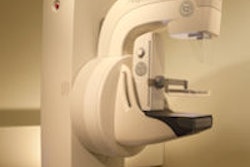Monday, November 30 | 11:50 a.m.-12:00 p.m. | SSC08-09 | Room S402AB
The passage of the Health Insurance Portability and Accountability Act created challenges for researchers who now have to ensure that patient data they're working with doesn't include protected health information (PHI). In this Monday talk, a group from the University of Chicago School of Medicine will discuss iBroker, an application they've developed that helps researchers handle HIPAA requirements.With iBroker, investigators can perform correlative research without ever accessing PHI, according to co-author Dr. Paul Chang, professor and vice chairman of radiology informatics.
Developed using service-oriented architecture (SOA) and associated Web services, iBroker allows investigators -- after a one-time registration with their facility's institutional review board (IRB) -- to request image datasets by providing the IRB study ID and patient study IDs.
iBroker then modifies the appropriate DICOM metadata of the selected datasets and provides the data to the user either as DICOM files (via a Web viewer) or as an Integrating the Healthcare Enterprise (IHE) XDS.b transaction. Users can also request pathology or laboratory results using a similar methodology, according to the researchers.
"It allows the ability to provide clinical information in a HIPAA-compliant way to support not only research but also to provide information to personal health records," Chang said.




















